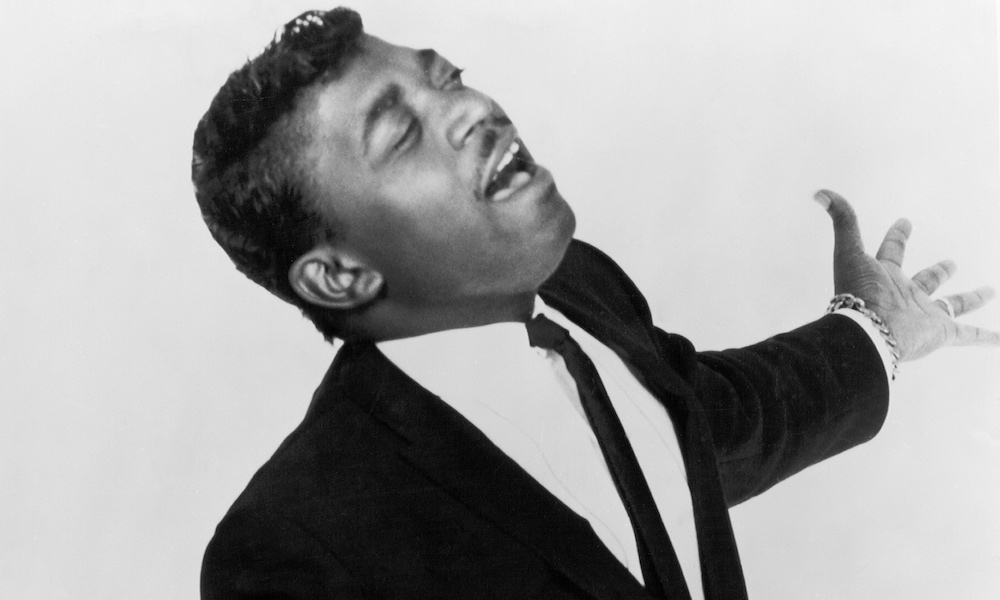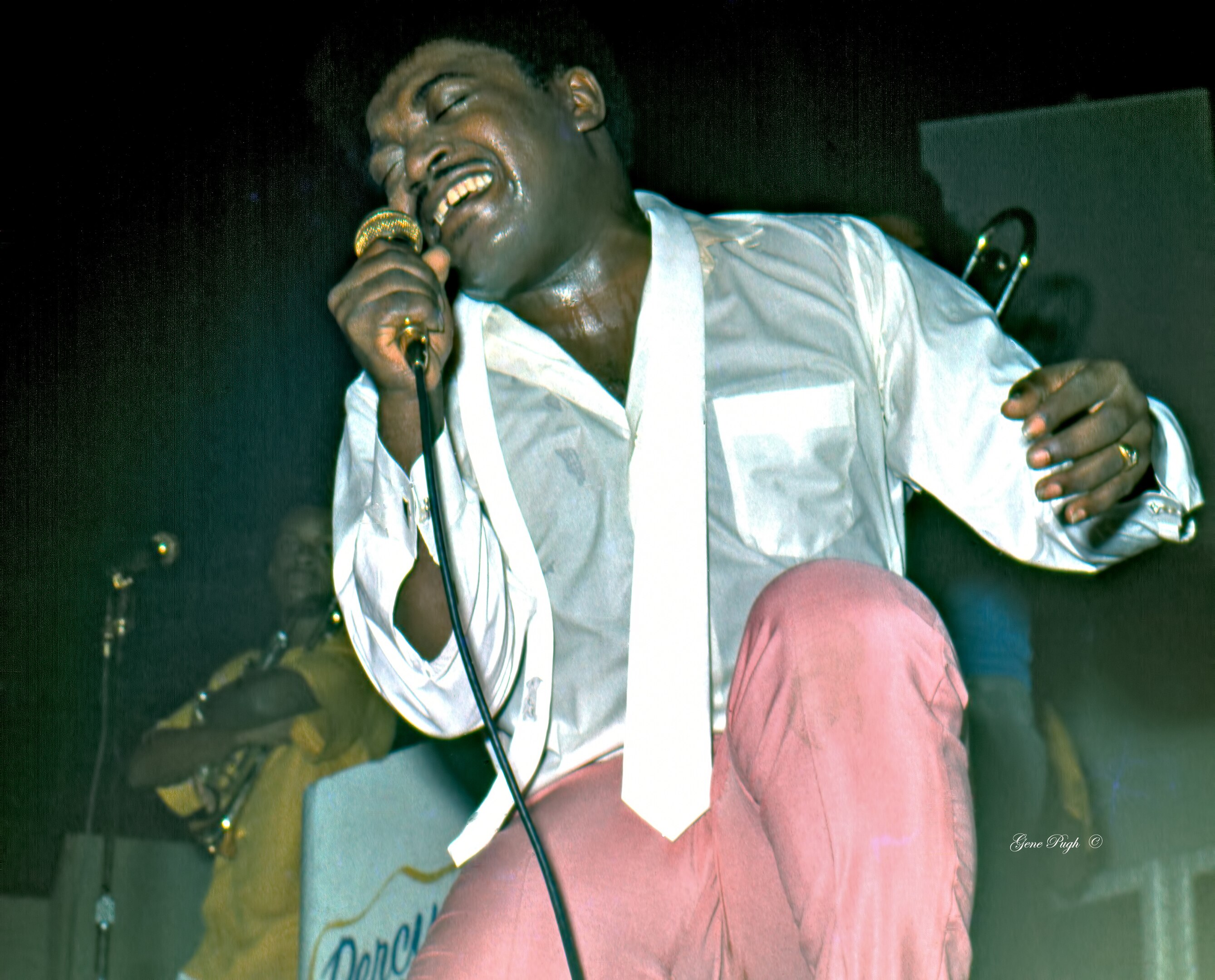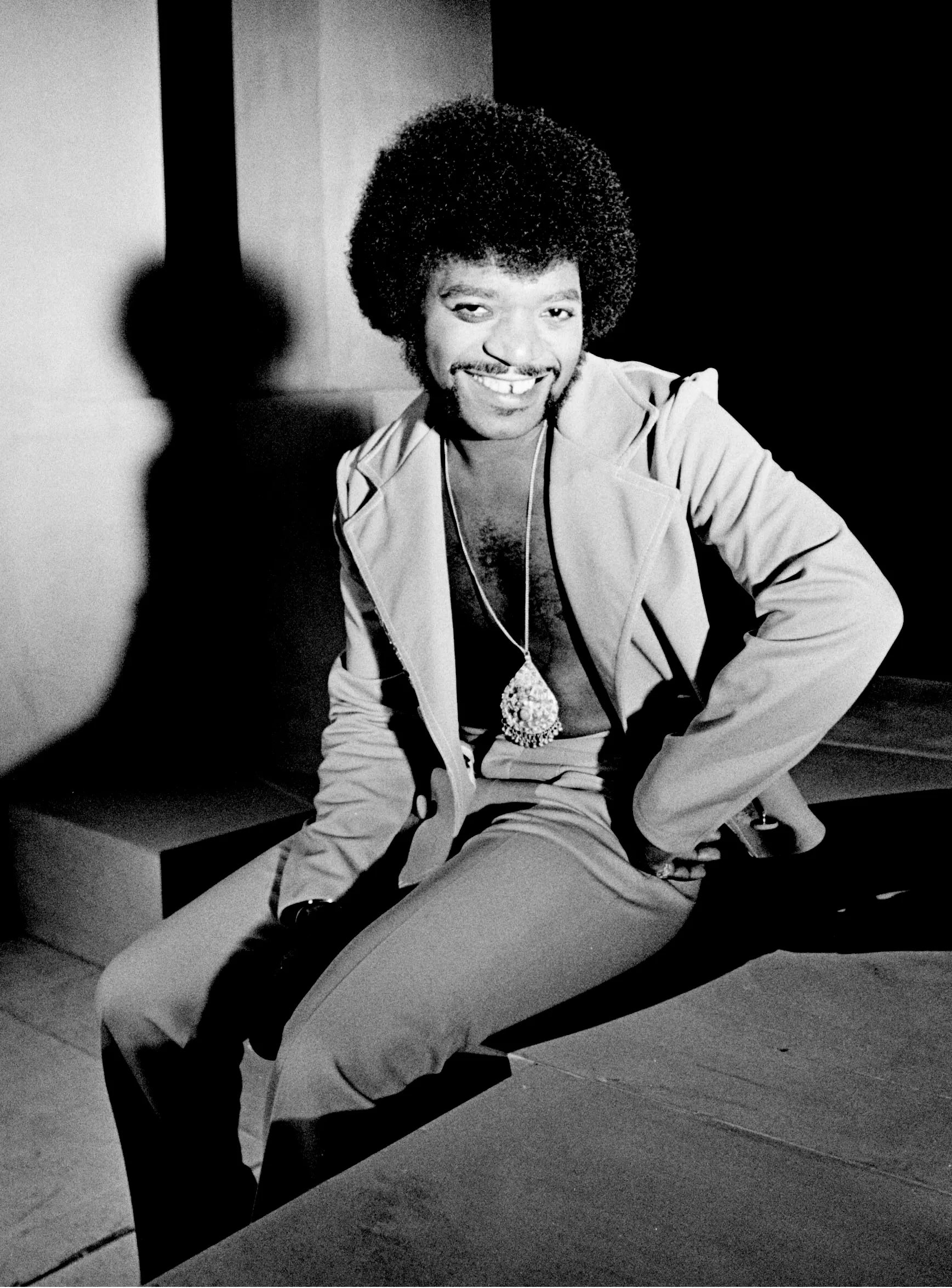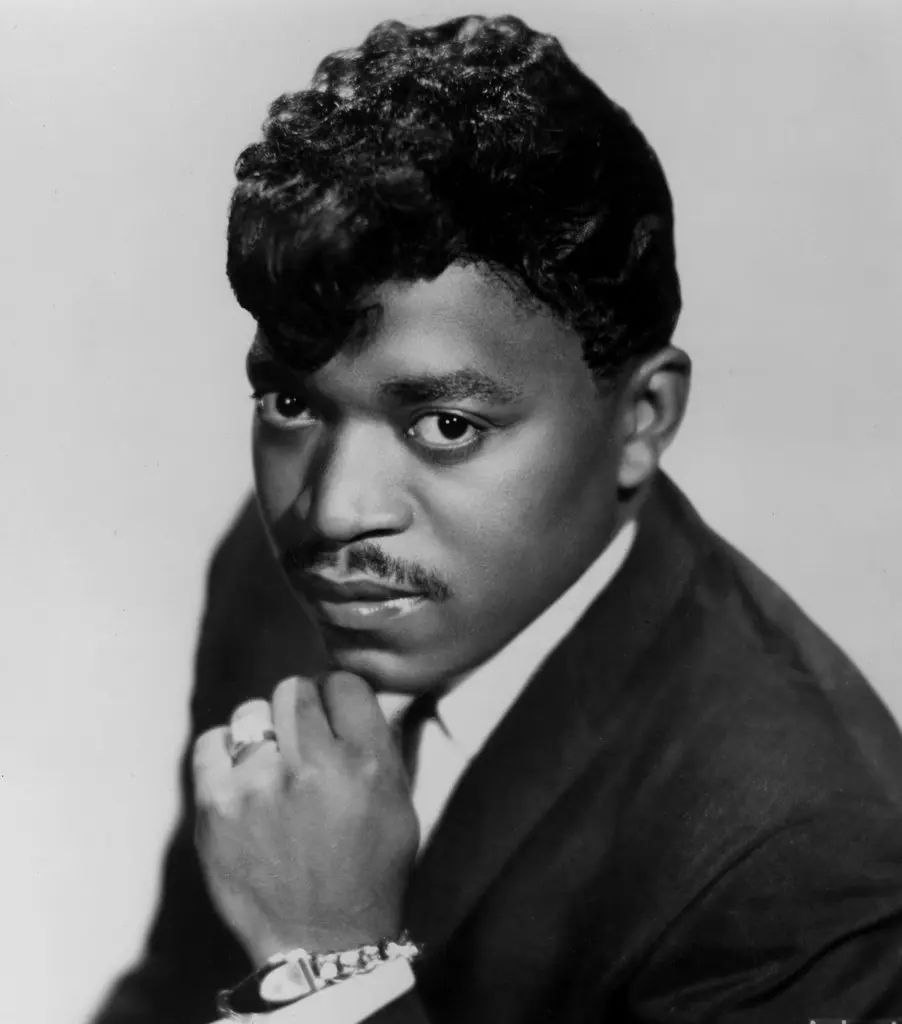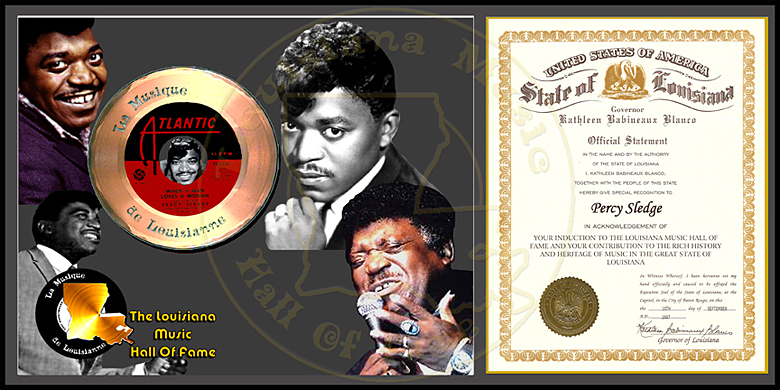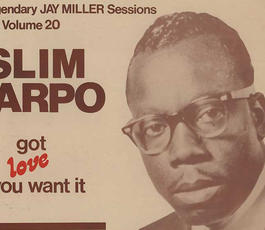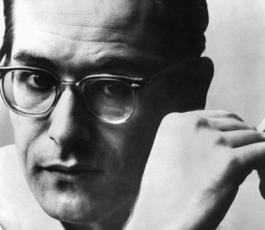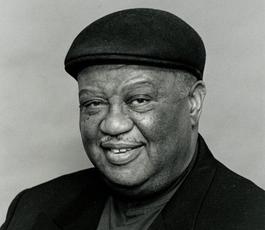10633 Veterans Memorial Blvd.
Baton Rouge, LA 70807
United States
Gravesite
Open to the Public
An Alabama native who lived in Louisiana for thirty-six years, Percy Sledge scored a number-one hit in 1966 with the searing soul ballad, “When a Man Loves a Women.” An enduring classic used in dozens of movies, TV shows, and commercials, the song helped Sledge sustain a busy concert schedule for nearly fifty years. Although Sledge never reached number one again, he followed his debut with more hit singles, including “Take Time to Know Her,” “It Tears Me Up,” “Warm and Tender Love,” and “Out of Left Field.” His rhythm-and-blues (R&B) and crossover pop hits, continuing performances, and occasional new albums culminated in his 2005 induction into the Rock and Roll Hall of Fame.
Early Life
Sledge was born on November 25, 1940, to Robert Lee and Fannie Lucile Sledge in Leighton, Alabama, a small town in the Florence-Muscle Shoals metro area. During his early years, Sledge sang at Galilee Missionary Baptist Church and listened to Grand Ole Opry radio broadcasts from Nashville, Tennessee. He would later describe himself as a country-soul singer. Sledge’s early career included a cousin’s gospel group and the Esquires Combo, a band that entertained at college fraternity parties in Alabama, Mississippi, and South Carolina. He married, started a family and worked as an orderly at Colbert County Hospital in Sheffield, near Muscle Shoals, home of Rick Hall’s Fame Recording Studios. In the 1960s Aretha Franklin, Wilson Pickett, Clarence Carter, and more soul stars recorded hits at Fame.
“When a Man Loves a Woman”
Songwriter Dan Penn engineered the original recording of “When a Man Loves a Woman” at Fame Recording Studios. When studio owner Hall rejected the recording, Penn advised Sledge to take to it to disc jockey, record store owner, and fledging producer Quin Ivy in Sheffield. After Ivy placed “When a Man Loves a Woman” with Atlantic Records, it went to number one on the pop and R&B charts and was nominated for two Grammy awards, making the twenty-five-year-old Sledge a star. In the 1960s Sledge joined package tours featuring other Atlantic stars. However, his recording career stalled in the mid-1970s following the dual retirements of Ivy, his producer, and arranger Marlin Greene. “I felt like an empty shell,” Sledge later said. “My whole background, everything, was gone.”
In 1979 Sledge moved to Baton Rouge, the state capital in his second wife’s native Louisiana. From the 1980s on, film producers licensed “When a Man Loves a Woman” for the soundtracks of such high-profile films as 1983’s The Bill Chill, 1992’s The Crying Game, and 1994’s namesake When a Man Loves a Woman. In 1987 the song’s use in a Levi’s 501 jeans TV commercial in the United Kingdom spurred its rise to number two on the British pop chart.
“When a Man Loves a Woman” reached number one in the United States a second time via Michael Bolton’s 1991 remake. Bolton’s Grammy win for the recording generated controversy when he did not mention Sledge, the song’s originator, during his acceptance speech. Bolton later sent roses and a letter of apology to Sledge. Ironically the classic soul singer at the center of the controversy never faulted Bolton. “He helped me when he got a Grammy on my song,” Sledge said.
Return to the Studio
In 1995 the fifty-four-year-old Sledge released a new album, Blue Night. After rejecting many offers to record again, he felt confident about working with Barry Goldberg, a producer, songwriter, and keyboardist he met in Alabama during the 1960s. They recorded Blue Night in Los Angeles with all-star supporting players including Steve Cropper, Bobby Womack, and Mick Taylor. The album earned Sledge his third Grammy nomination, three decades after his nominations for “When a Man Loves a Woman.” He released a follow-up album, Shining Through the Rain, in 2004. From the 1980s forward, European countries were Sledge’s biggest concert market, but he also performed in Asia, apartheid-era South Africa, and the Caribbean. For decades he flew out of Baton Rouge most weekends before reducing his concert schedule in the 2000s due to diabetes.
In December 2004 Sledge’s wife Rosa reached her husband by phone at Atlanta’s Hartsfield-Jackson International Airport. She called with news that he would be inducted into the Rock and Roll Hall of Fame. “I thank God because he’s been so wonderful to me in my life and my career,” Sledge told Baton Rouge-based newspaper The Advocate. British singing star Rod Stewart inducted Sledge during the Hall of Fame ceremony in New York City, citing “When a Man Loves a Woman” as “one of the best performances I’ve ever heard and, I’m sure, you’ve ever heard.”
After receiving a liver cancer diagnosis in 2013, Sledge performed no concerts the following year. He died at age seventy-four on April 14, 2015, in Baton Rouge. National and international news outlets covered his death, including the BBC, the New York Times, NPR, and CBS Sunday Morning.
Content provided by 64 Parishes, a project of the Louisiana Endowment for the Humanities.

